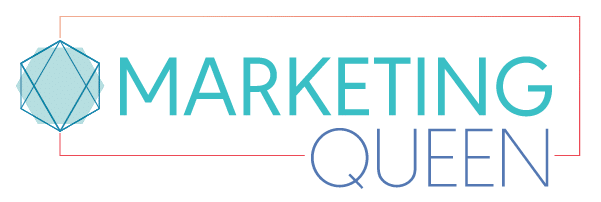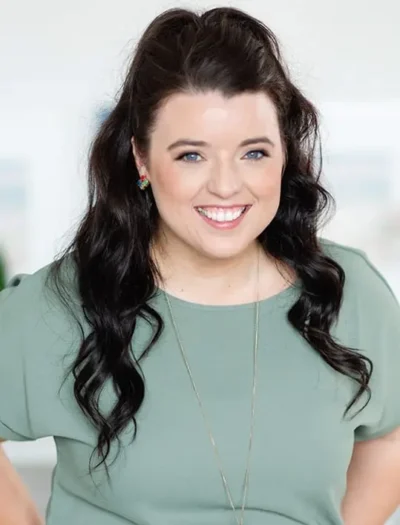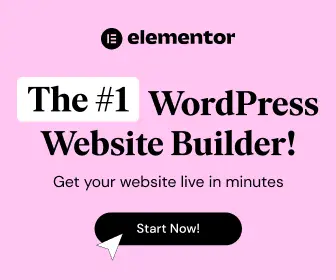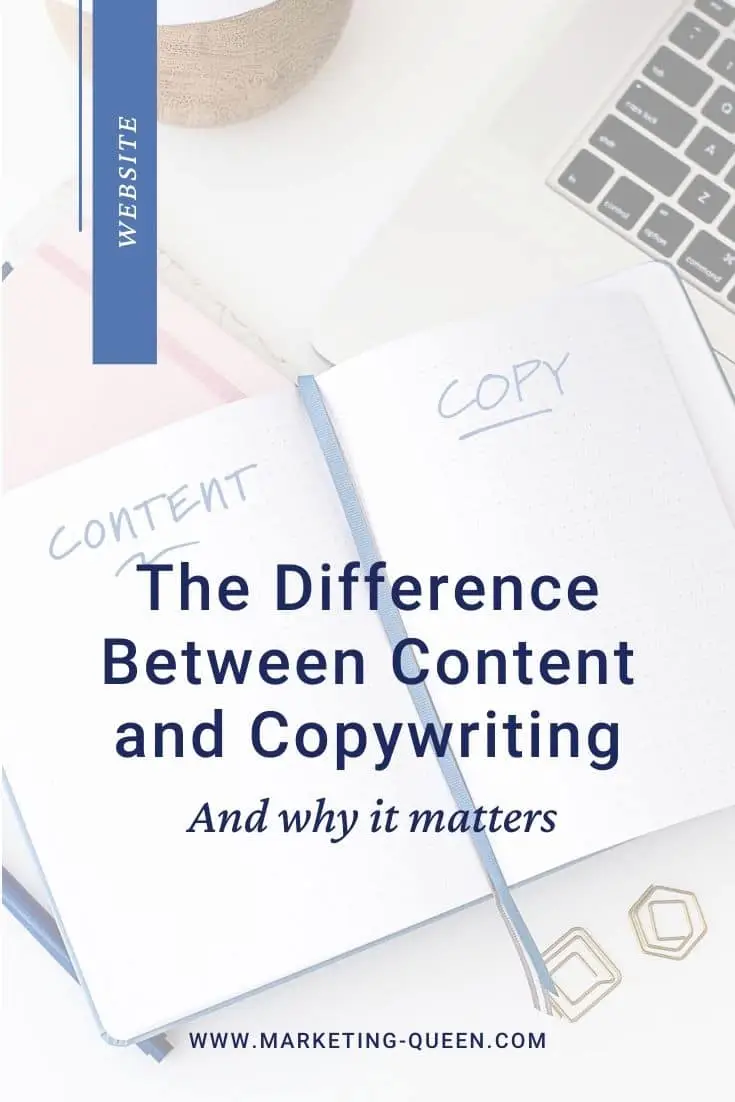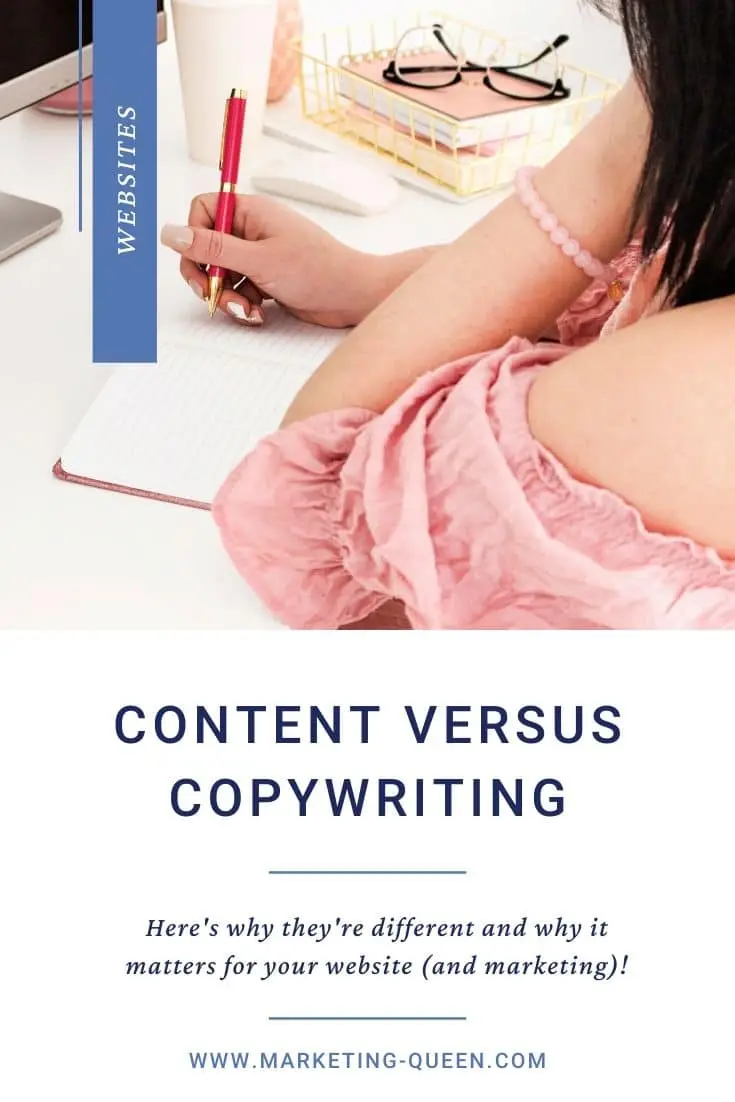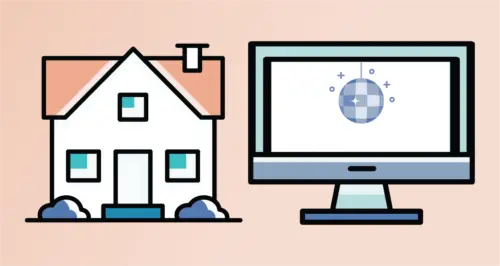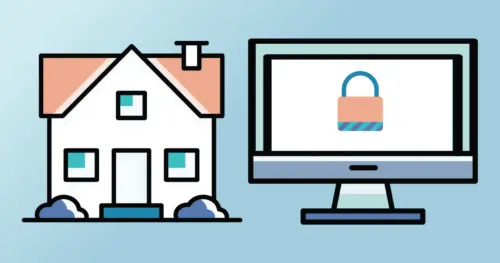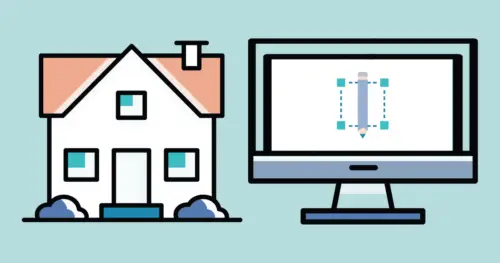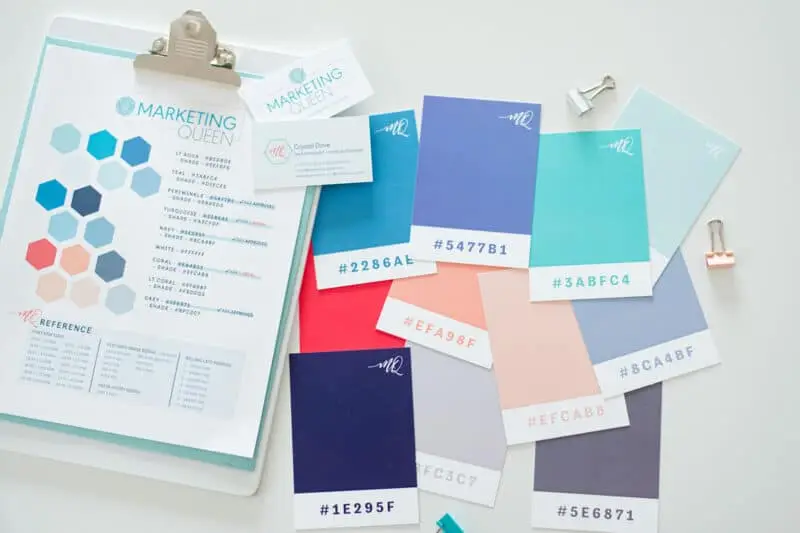Do you remember that iconic moment from The Princess Bride? As things unfold in the movie, Vizzini keeps exclaiming that they are “INCONCEIVABLE!” Finally, Inigo Montoya steps in to tell him, “You keep using that word. I do not think it means what you think it means.” (He’s right.)
I often (lovingly) think of this scene when I get asked what the difference is between content and copywriting. There’s so much confusion out there! It’s understandable. There’s a lot of overlap: the written word forms the basis of both.
But today I want to set the record straight much like Westley saving Buttercup from Prince Humperdinck. Why? Because understanding the difference between the two will make you much more effective in marketing your business.
In brief:
Content educates and informs your customer.
Copywriting persuades your customer to hire or buy.
Let’s take a closer look.
What is Content?
Content is simply information, presented in a variety of formats, that people find useful and valuable. Blog posts, ebooks, videos, webinars, and podcasts—just to name a few—are common delivery methods of content. Not to get too meta, but, this blog post you’re reading right here is content! It’s educating you about the difference between content and copywriting, and it’s information you may find useful when it comes to thinking about your business’s website.
A lot of people think content marketing is only for B2B, but that’s not true! While you may be creating content that is meant to benefit your business, that content may not have anything to do with your audience’s business. It could have a more personal application, such as:
- A wedding planner who creates a video series about different types of wedding veils, and how to choose the right one—which helps their audience not only choose a veil, but also know, like, and trust them and want to hire them.
- A cooking blogger who shares recipes and cooking tips through blog posts—which helps their audience make dinner for their family, but also give them an idea of how much they’ll love the cookbook they have for sale.
- A personal finance consultant who podcasts regularly about budgeting—which helps their audience begin to take control of their finances, and gives their audience enough confidence in their expertise to pay for their monthly subscription membership.
With each of my examples, you’ll notice that I describe a way that content attracts people to the top of the sales funnel. That’s content marketing—the way business owners and others use content to market their businesses. Marketing is typically the purpose of creating content.
That’s why you want to understand content: it has the power to grow your business and your brand.
Writing is often a big part of content: you write blog posts and ebooks, the scripts for your videos and podcasts, etc. But you don’t want to confuse that with copywriting. Keep reading.
The goal of content (in any form) is to inform and educate, which enforces your credibility as an expert.
What is Copywriting?
Copywriting is everywhere: you see it on billboards and brochures. It’s in print advertisements and video commercials. Website pages are copywritten, and so are sales pages and direct mail.
Did you notice something about each of my examples? They’re sales-focused. Copywriting drives people toward a direct action: buying.
Let’s go back to the example of the wedding planner with the wedding veil video series (we’ll call her Kim). Let’s say a bride-to-be watches those videos and becomes interested in hiring Kim for her wedding. That’s great. Kim’s content marketing is doing its job!
So after watching the videos, the bride clicks through to Kim’s Services page. The writing on that page is copywriting. All of the words on that page are meant to persuade the bride to hire Kim, and ultimately lead to a conversion!
The goal of static website pages is to make a sale and encourage conversion..
Related: Ask a Copywriter: How Do I Choose a Copywriter?
How Understanding the Difference Will Make You More Effective in Your Marketing
Let’s talk about this in terms of your website. Understanding the difference between content and copywriting will help you decide where to place certain information on your website.
Let’s go back to Kim, our wedding planner, and think about her goals for her potential customers. Does Kim want her customer to:
- Understand the difference between a wedding planner and a wedding consultant? ← That’s the content of a blog post, video, podcast, etc.
- Read about her services, and purchase one? ← That’s copywriting for a (static) Services page.
- Learn which hors d’oeuvres will be best for her budget? ← Content.
- Figure out if Kim has the right background and experience for the type of wedding she wants to have? ← That’s copywriting for an (again, static) About page.
Any time you want to educate and inform your customer about industry specifics, that’s content. Content is where you drill down into the finer points of what you do. You show your subject matter expertise so your customer understands how credible you are. Even if they decide not to hire you, they walk away enriched and remember that you were the person who helped them—which has long-term positive effects for your reputation.
Any time you want to persuade your customer to hire or buy from you, that’s copywriting. Because the goal is the sale, you don’t want to bog down your customer with extraneous information. Any information you share here should be helping them choose you, NOT understand your industry.
Did You Fall for the Classic Blunder?
(Sorry, I couldn’t resist one more Princess Bride reference!)
Now that you know the difference between content and copy, look through your website. Do some of your static pages fall victim to providing information that would work better in a blog post? Are your static pages focused on persuading your customer to buy from you? On the flip side, do your blog posts beg too hard for the sale? Or are they providing useful, valuable information that enriches your reader (even if they don’t buy)?
If you need some help with cleaning up your website copy (or producing content), I know people. Get in touch and I’ll hook you up with people who can help.
